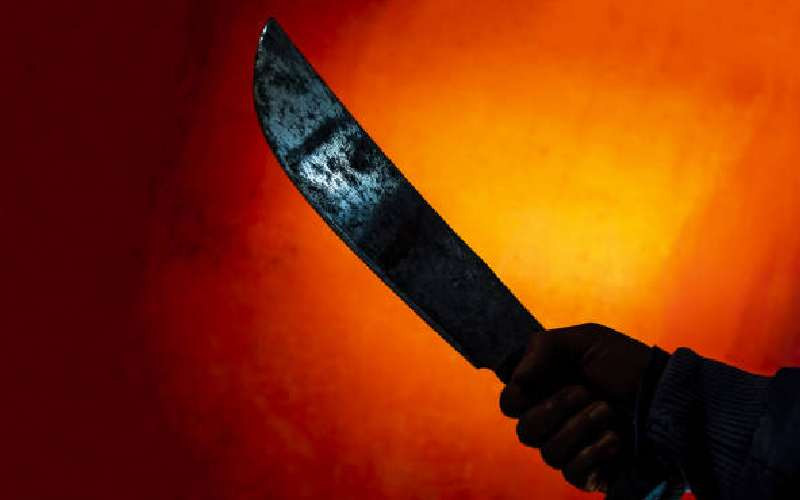×
The Standard e-Paper
Fearless, Trusted News

Three years ago, Chisubi Dzaya Nyejere was murdered in cold blood inside in his house at Buni Kisimani in Rabai sub-county in Kilifi County.
A gang of youth-wielding machetes raided the home in broad daylight on July 13, 2019, and attacked the elderly man, leaving him dead in a pool of blood as they fled.